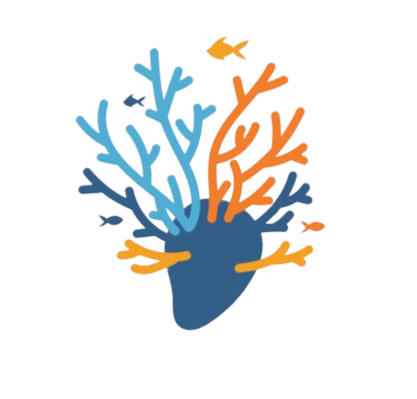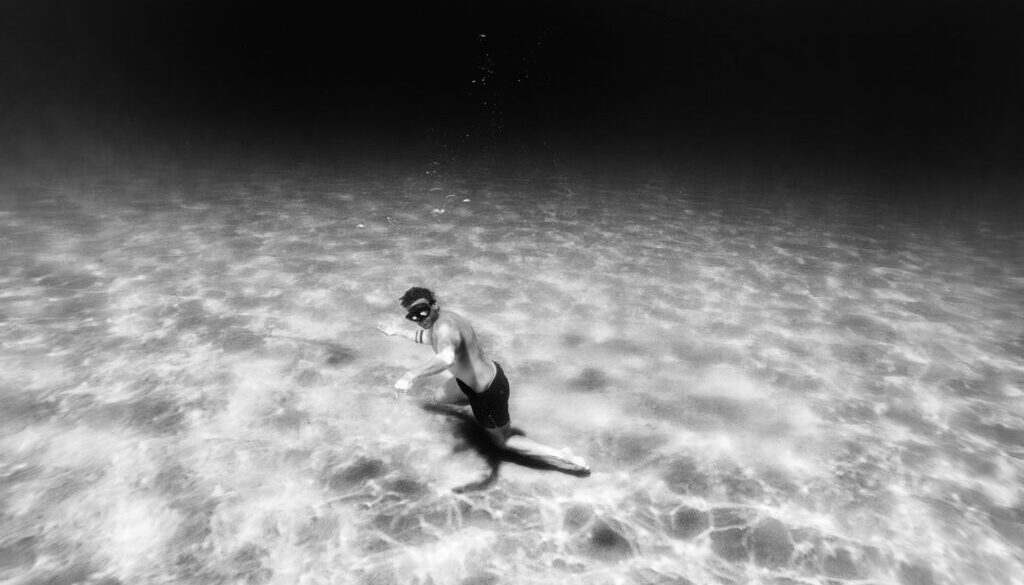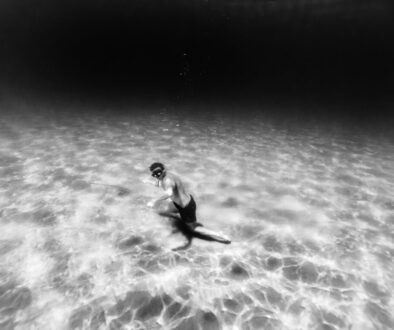Sharks Up Close: The Thrill and Ethics of Freediving with Sharks
Freediving with sharks presents a unique opportunity to encounter these misunderstood ocean predators in their natural environment. This experience not only offers an adrenaline rush but also a chance to challenge common misconceptions about sharks, promoting conservation and respect for these vital marine creatures. In this comprehensive blog post, we’ll dive into what makes freediving with sharks a special adventure, including the best practices for ethical interactions and the most exciting destinations for shark encounters.
Understanding Sharks
Sharks, as apex predators, play a crucial role in maintaining the health of marine ecosystems. They vary greatly in size and behavior, from the docile whale shark to the more assertive great white. Understanding shark behavior is key to safely freediving with them, as it allows divers to predict their actions and maintain a respectful distance.
Preparing for Shark Freediving
Freediving with sharks is not for the faint-hearted. It requires a strong mental and physical preparation. Here are essential considerations to ensure a safe and respectful encounter:
Physical Fitness
Strong swimming skills and excellent buoyancy control are crucial. You should be comfortable in open water settings and able to manage your movements calmly and smoothly to avoid startling the sharks.
Mental Readiness
Understanding and managing your fears is vital. Sharks can sense panic, which may alter their natural behavior. Educating yourself about shark behavior and psychology helps in maintaining composure in their presence.
Equipment Needs
Freediving gear for shark encounters is similar to standard freediving equipment but emphasizes streamlined features to avoid unnecessary entanglements:
- Freediving Mask and Snorkel: Provides clear vision and easy breathing at the surface.
- Fins: Long, powerful fins for efficient movement.
- Wetsuit: Camouflaged or dark colors are preferable to avoid attracting undue attention.
- Dive Computer: Essential for monitoring depth and time underwater.
Best Destinations for Shark Freediving
Several destinations around the world are renowned for exceptional shark freediving experiences:
- Bahamas: Known for its clear waters and abundant shark population, including tiger sharks and great hammerheads.
- South Africa: Offers encounters with a variety of sharks, notably the great white in False Bay or Gansbaai.
- Galapagos Islands: Ideal for seeing schooling hammerheads and the elusive whale shark.
- Fiji: Known for its bull shark dives and robust reef ecosystems.
Ethical Considerations and Best Practices
Interacting with sharks in their natural habitat comes with significant ethical responsibilities:
- Do Not Feed: Feeding sharks can alter their natural hunting behaviors and encourage aggression. Ethical dive operators do not engage in feeding.
- Respect Their Space: Maintain a safe distance. Do not attempt to touch or chase sharks as this can stress the animals and provoke defensive behavior.
- Choose Responsible Operators: Select operators committed to conservation and who follow local guidelines for wildlife interactions.
Safety Measures
Safety is paramount when freediving with sharks. Here are some guidelines to follow:
- Always Dive in Groups: Sharks are less likely to approach a group of divers.
- Stay Calm: Sudden movements or panic can attract unwanted attention from sharks.
- Be Observant: Always be aware of your surroundings and keep an eye on the sharks’ behavior.
The Experience of Freediving with Sharks
Freediving allows for a silent approach, often enabling divers to observe natural behaviors such as hunting, mating, or social interactions that would otherwise be disrupted by the noise of scuba equipment. This silent immersion creates a connection with these creatures, allowing for personal and profound encounters that highlight their beauty and importance in the ocean’s hierarchy.
Conservation Impact
By participating in ethical freediving activities with sharks, divers contribute to shark conservation in several ways:
- Education: Divers learn about sharks, changing perceptions and spreading awareness about the importance of sharks in marine ecosystems.
- Economic Incentive: Responsible shark tourism provides economic benefits to local communities, promoting shark conservation over destructive practices like finning.
- Research Support: Many operators collaborate with researchers, providing data and observations that aid in shark conservation efforts.
Conclusion
Freediving with sharks challenges common fears and misconceptions, offering divers a unique perspective on these powerful yet vulnerable marine animals. Through ethical practices and responsible tourism, freedivers can enjoy the thrill of close encounters while contributing to the broader goals of marine conservation. This adventure not only leaves divers with a deep appreciation for sharks but also highlights the critical role they play in our oceans. As we continue to explore the depths, our understanding and actions can lead to better protection and respect for sharks, ensuring their survival for generations to come.


